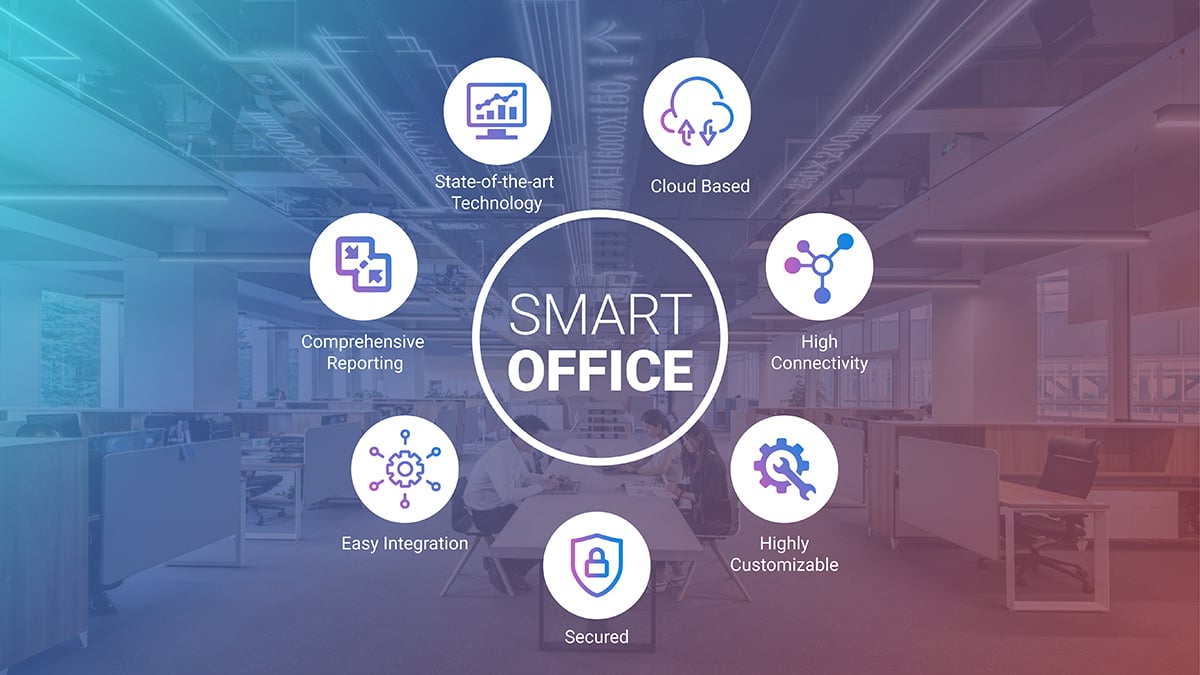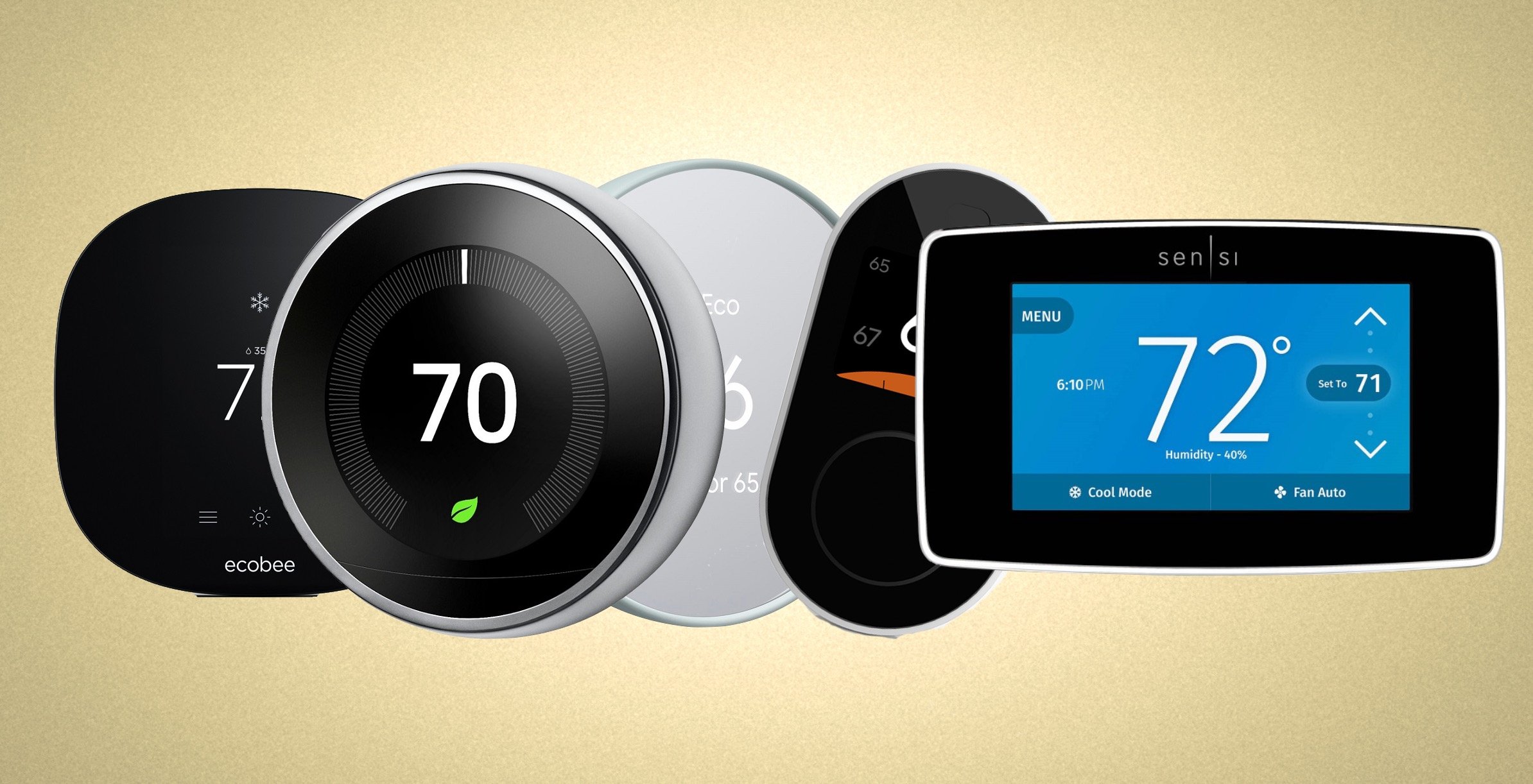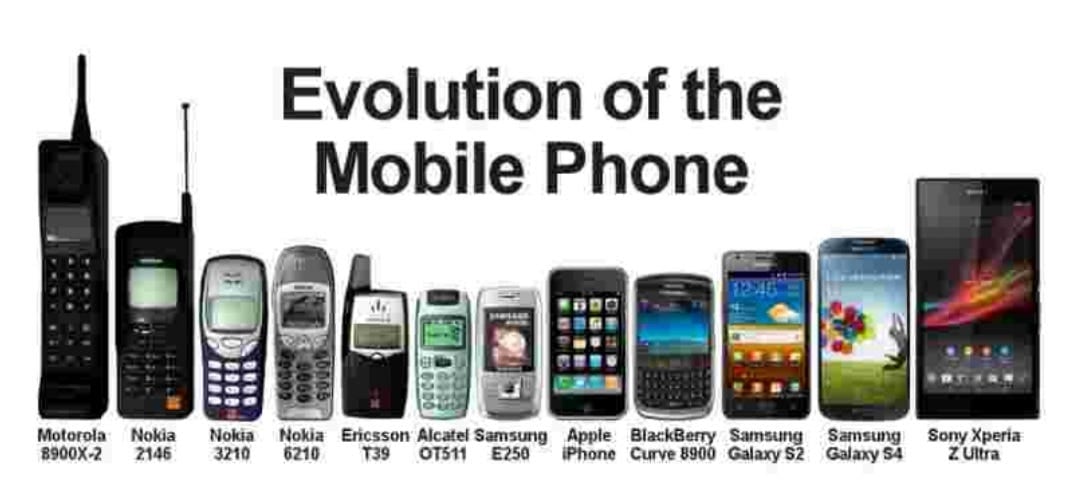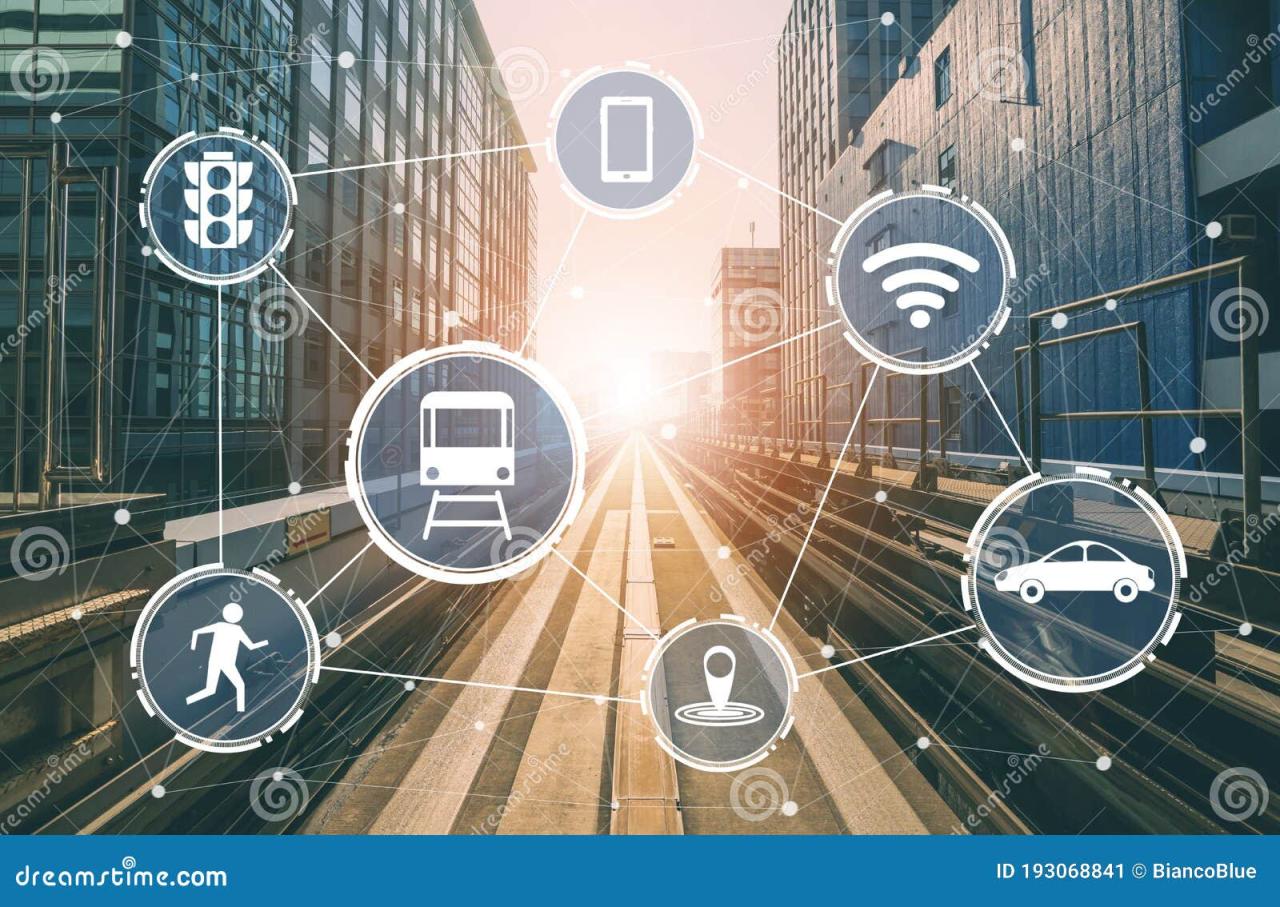Embark on a journey into the realm of smart tourism experiences, where innovation and technology converge to create unforgettable adventures for travelers worldwide. Discover how cutting-edge solutions redefine traditional tourism, offering personalized and immersive experiences like never before.
Explore the impact of AI, IoT, AR/VR, and other technologies in enhancing visitor experiences, while also benefiting local economies and preserving cultural heritage.
Definition of Smart Tourism Experiences

Smart tourism experiences refer to the utilization of technology to enhance and personalize the travel experience for tourists. This involves the integration of digital tools and innovative solutions to provide seamless, efficient, and interactive experiences for travelers.
Key Features of Smart Tourism Experiences
- Personalization: Smart tourism experiences offer tailored recommendations and services based on individual preferences and behaviors.
- Connectivity: Utilizing IoT devices and connectivity solutions to create a networked environment that enhances communication and accessibility for tourists.
- Augmented Reality: Incorporating AR technology to provide immersive and interactive experiences, such as virtual tours and enhanced information about attractions.
- Big Data Analytics: Leveraging data analytics to understand tourist behavior, preferences, and trends, enabling better decision-making and personalized services.
Examples of Technology Enhancing Smart Tourism Experiences
- Mobile Apps: Travel apps that provide real-time information, navigation assistance, and personalized recommendations to enhance the overall travel experience.
- Smart Destinations: Cities and tourist destinations implementing smart solutions like smart transportation systems, digital signage, and interactive kiosks to improve visitor experience.
- Virtual Reality Tours: Offering virtual tours of attractions and destinations, allowing tourists to explore and experience a location before their actual visit.
- Smart Hotels: Hotels integrating IoT devices, mobile check-in/out, and personalized services through apps to streamline the guest experience.
Technologies Driving Smart Tourism
In the realm of smart tourism experiences, various technologies play a crucial role in enhancing visitor engagement and personalization. From Artificial Intelligence (AI) to Internet of Things (IoT) and Augmented Reality (AR) and Virtual Reality (VR), these technological advancements have revolutionized the way tourists interact with destinations and attractions.
Artificial Intelligence (AI)
AI algorithms are utilized to analyze vast amounts of data in real-time, allowing for personalized recommendations and suggestions tailored to the individual preferences of travelers. Chatbots powered by AI can provide instant assistance and information to tourists, enhancing their overall experience.
Internet of Things (IoT), Smart tourism experiences
IoT devices such as sensors and beacons are used to collect data on visitor behavior and preferences, enabling destinations to optimize their services and offerings. For example, smart hotels can use IoT to automate check-in processes and adjust room settings based on guest preferences.
Augmented Reality (AR) and Virtual Reality (VR)
AR and VR technologies offer immersive experiences that bring destinations to life for tourists. From virtual tours of historical sites to interactive museum exhibits, these technologies allow visitors to engage with their surroundings in innovative and captivating ways.
Personalization and Enhancement of Visitor Experience
By harnessing these technologies, smart tourism experiences can be personalized to cater to the unique needs and interests of each traveler. From personalized recommendations for activities and attractions to interactive experiences that blend physical and digital elements, these technologies enhance the overall visitor experience and create lasting memories.
Benefits of Smart Tourism Experiences
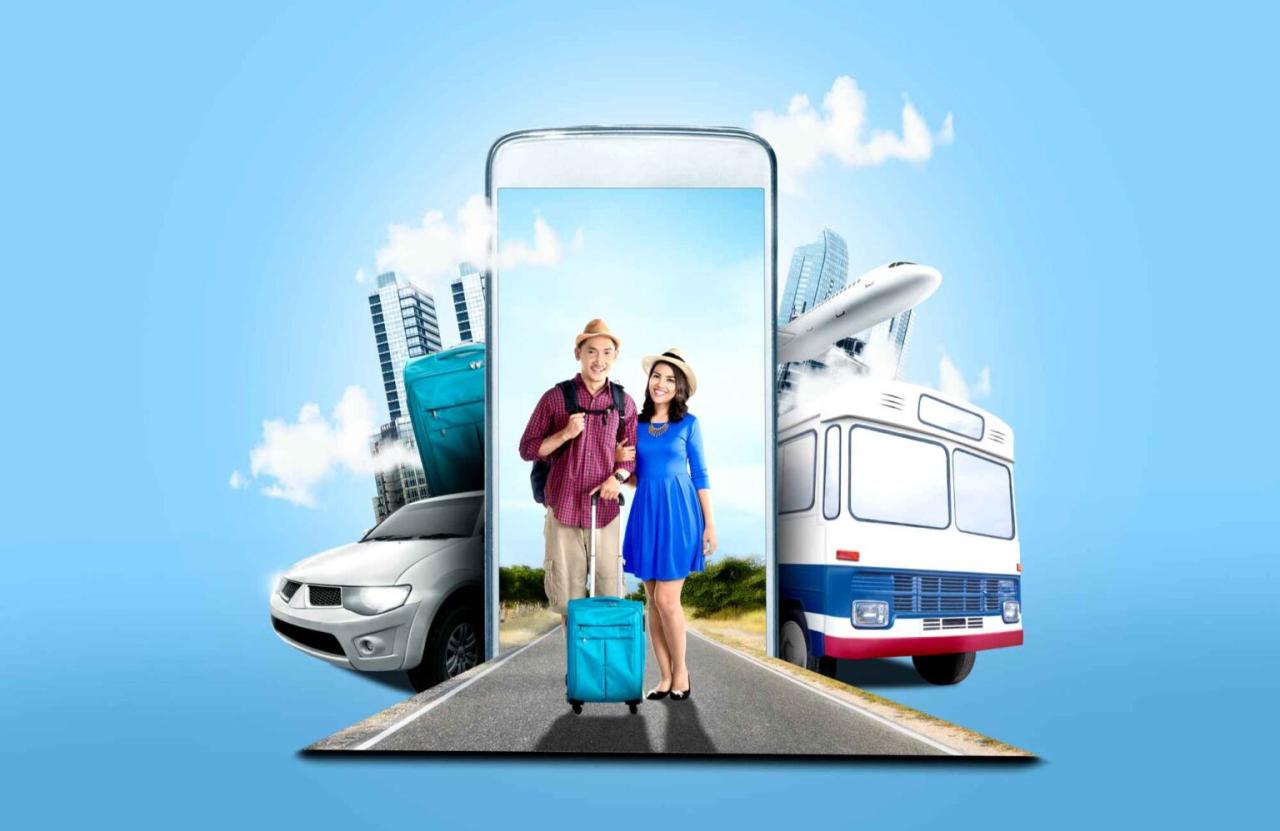
Smart tourism experiences offer a wide range of benefits not only for tourists but also for local economies, businesses, and the environment. Let’s explore how these initiatives can positively impact various aspects of the travel industry.
Advantages for Tourists
- Enhanced convenience through real-time updates and personalized recommendations for attractions, accommodations, and activities.
- Improved access to information about local culture, history, and traditions, enhancing the overall travel experience.
- Increased safety and security measures through smart technologies like GPS tracking and emergency alert systems.
- Reduced environmental impact by promoting sustainable practices and eco-friendly travel options.
Benefits for Local Economies and Businesses
- Boost in revenue due to increased tourist spending on accommodations, dining, shopping, and local experiences.
- Creation of new job opportunities in the tourism sector, supporting economic growth and development in the region.
- Encouragement of entrepreneurship and innovation as businesses adapt to meet the changing needs of tech-savvy travelers.
- Enhanced destination competitiveness by offering unique and engaging smart tourism experiences that attract more visitors.
Environmental Impact of Smart Tourism Initiatives
- Reduction in paper waste through digital ticketing, maps, and guides, promoting a more sustainable and eco-friendly approach to tourism.
- Minimization of carbon footprint by optimizing transportation routes and promoting eco-friendly modes of travel.
- Promotion of conservation efforts and responsible tourism practices to protect natural resources and preserve the environment for future generations.
- Encouragement of eco-conscious behavior among tourists through education and awareness campaigns facilitated by smart technologies.
Challenges and Considerations
Implementing smart tourism experiences comes with its own set of challenges that destinations need to address. From technical issues to privacy concerns, there are several factors to consider when integrating technology into the tourism industry.
Challenges Faced in Implementing Smart Tourism Experiences
- Lack of Infrastructure: Developing countries may struggle with the necessary infrastructure to support smart tourism initiatives, such as high-speed internet or mobile connectivity.
- Cost: Implementing smart technologies can be expensive, especially for smaller destinations with limited budgets.
- Resistance to Change: Some stakeholders may be resistant to adopting new technologies, leading to slow implementation processes.
Privacy Concerns Related to the Use of Technology in Smart Tourism
- Data Security: Collecting and storing personal data from tourists raises concerns about data security and privacy breaches.
- Surveillance: The use of technologies like facial recognition or location tracking can infringe on tourists’ privacy and lead to ethical issues.
- Consent: Ensuring that tourists are aware of and consent to the collection and use of their data is crucial to maintaining trust and transparency.
Balancing Technology with Preserving Cultural Heritage
- Selective Implementation: Destinations can choose to implement smart technologies in a way that enhances the visitor experience without compromising the authenticity of cultural sites.
- Educational Initiatives: Using technology to educate tourists about the cultural significance of heritage sites can help preserve traditions and values.
- Community Involvement: Involving local communities in the decision-making process regarding technology integration can ensure that cultural heritage is respected and protected.
Quick FAQs
How do smart tourism experiences differ from traditional tourism?
Smart tourism experiences leverage technology to personalize and enhance visitor interactions, offering a more immersive and tailored approach compared to traditional tourism.
What benefits do smart tourism experiences bring to local economies?
Smart tourism can boost local economies by attracting more tourists, creating job opportunities, and stimulating growth in related industries such as hospitality and transportation.
What challenges are faced in implementing smart tourism initiatives?
Challenges include privacy concerns, the need for infrastructure upgrades, and ensuring a balance between technology and preserving cultural authenticity.

